1. Hot flashes

(Image/ Source: reddit.com)
You definitely won’t be getting hot flashes quite like you did during menopause, but some women will still experience hot flashes in post-menopause. The good news is that they will eventually phase out, so you can look forward to being less sweaty in the future.
2. Depression

(Image/ Source: reddit.com)
Women can experience depression at any time in their life, but hormonal changes that occur during menopause means that some women can end up experiencing depression. If this happens to you, be sure to get some advice from your doctor; it’s better to seek help rather than face it alone.
3. Dry skin

(Image/ Source: reddit.com)
Those pesky hormonal changes may well switch up your skin texture; you can experience sagging, tightness, and super dry skin. While it would be great to go to a dermatologist, you can simply stock up on moisturizing products that are safe for sensitive skin. Go for pro-collagen products if you can.
4. Insomnia

(Image/ Source: reddit.com)
Sleep disturbances are super common in postmenopausal women. According to Harvard University, as many as 35-60% of postmenopausal women experience trouble sleeping, and insomnia is the most common issue. While some believe a low GI diet can help, more research needs to be done in this area.
5. Lower sex drive

(Image/ Source: dailyexpress.co.uk)
Menopausal and postmenopausal women can experience changes in their sex drive. Many feel a definite decrease in their sex drive, which is down to decreased sex hormones. However, if you tend to get discomfort during sex or experience severe emotional changes, this can also impact your drive.
6. Hair loss

(Image/ Source: reddit.com)
As your estrogen and progesterone levels decrease, the effects of androgens (male hormones) actually increase. This means that your hair can become thinner and finer than it once was, as your hair follicles can shrink. Hair grows more slowly, but falls out much more easily.
7. Weight gain

(Image/ Source; curvage.com)
While the end of menopause doesn’t necessarily mean you’ll gain weight, a lot of women can struggle to maintain the shape they once had. This is because menopausal and postmenopausal women will tend to put on weight around their abdomen, rather than their thighs and hips.
8. Incontinence

(Image/ Source: reddit.com)
This can be an embarrassing topic for some women, but incontinence is totally normal. Tons of women experience it (even those who aren’t postmenopausal) and there are plenty of things you can try out to help ease symptoms. Be sure to have a chat with a medical professional if you have any concerns.
9. Stress

(Image/ Source: reddit.com)
Stress is another common postmenopausal symptom. While plenty of women go on to have less stress in their lives after menopause (more freedom, less fear about getting pregnant etc.) some experience a lot of emotional changes that can make them feel stressed and overwhelmed.
10. Heartburn

(Image/ Source: reddit.com)
Yep, this really is a thing. Some of us can already be prone to heartburn during times of stress (including us) but when you’re postmenopausal, this issue can be really common. This is because our digestive systems become weaker when we have fewer hormones.
11. Difficulty concentrating

(Image/ Source: reddit.com)
As hormonal changes affect brain function, it’s no great surprise that so many women struggle to concentrate post-menopause. Known as the dreaded ‘brain fog’, a lot of women find it harder to retain and process information, which can cause problems at work.
12. UTIs

(Image/ Source: reddit.com)
UTIs (also known as urinary tract infections) are very common in postmenopausal women. While anyone can get one at any age, the reduced levels of estrogen that come with menopause mean that women are at increased risk of developing them. This is because the lack of estrogen can affect the microbiome of the bladder.
13. Mood swings

(Image/ Source: reddit.com)
It seems that women are plagued with mood swings at every stage of life! Menopause and post-menopause can bring another onslaught of crazy mood swings, which really isn’t ideal (for you or anyone else around you). Again, this is down to your hormone changes.
14. Sluggish bowels

(Image/ Source: reddit.com)
As we covered above, the decrease of estrogen in your body can affect your digestive system. Not only can you be prone to heartburn, but your bowels can slow down too, so things can feel a little sluggish and stagnant. Be sure to visit your pharmacist if you’re having problems.
15. Fatigue

(Image/ Source: reddit.com)
As your hormone levels drop, so too do your energy levels. You’ll therefore notice that you feel a lot more tired and lethargic than you used to, which can make daily tasks more difficult. If your tiredness is severe, speak to a medical professional, as there may be medication options available to you.
16. Osteoporosis

(Image/ Source: lakemedicalimaging.com)
Osteoporosis is closely linked with estrogen deficiency, so you’re much more likely to suffer from osteoporosis issues as you get older. This is because your bone tissue starts to break down. In turn, this makes you more susceptible to breaks, strains, and fractures.
17. Heart palpitations

(Image/ Source: reddit.com)
While postmenopause isn’t a direct cause of heart palpitations, it can often be a result of the stress and hot flashes that come with this particular time of life. Changes in your emotions and moods can also aggravate stress, which will make you more prone to heart palpitations.
18. Vaginal issues

(Image/ Source: reddit.com)
There’s no getting around this one. A LOT of women will experience vaginal issues during and after menopause, including dryness and irritation. It’s something that can be sorted out though, so don’t be shy – speak to your doctor, gynecologist or a medical professional for some advice.
19. Anxiety

(Image/ Source: reddit.com)
During menopause, you can experience anxiety as your hormones change. While anxiety levels generally reduce for a lot of women post-menopause, some continue to deal with the effects. HRT is an effective treatment for this, as it can make you feel calmer and happier.
20. Increased risk of heart disease

(Image/ Source: reddit.com)
When your estrogen levels drop, fat can begin to build up in your arteries, which makes them narrower. This makes it harder for the blood to flow, therefore increasing the risk of heart disease. You can combat this by sticking to a healthy diet plan, but just make sure you speak to your doctor about it first.
21. Headaches
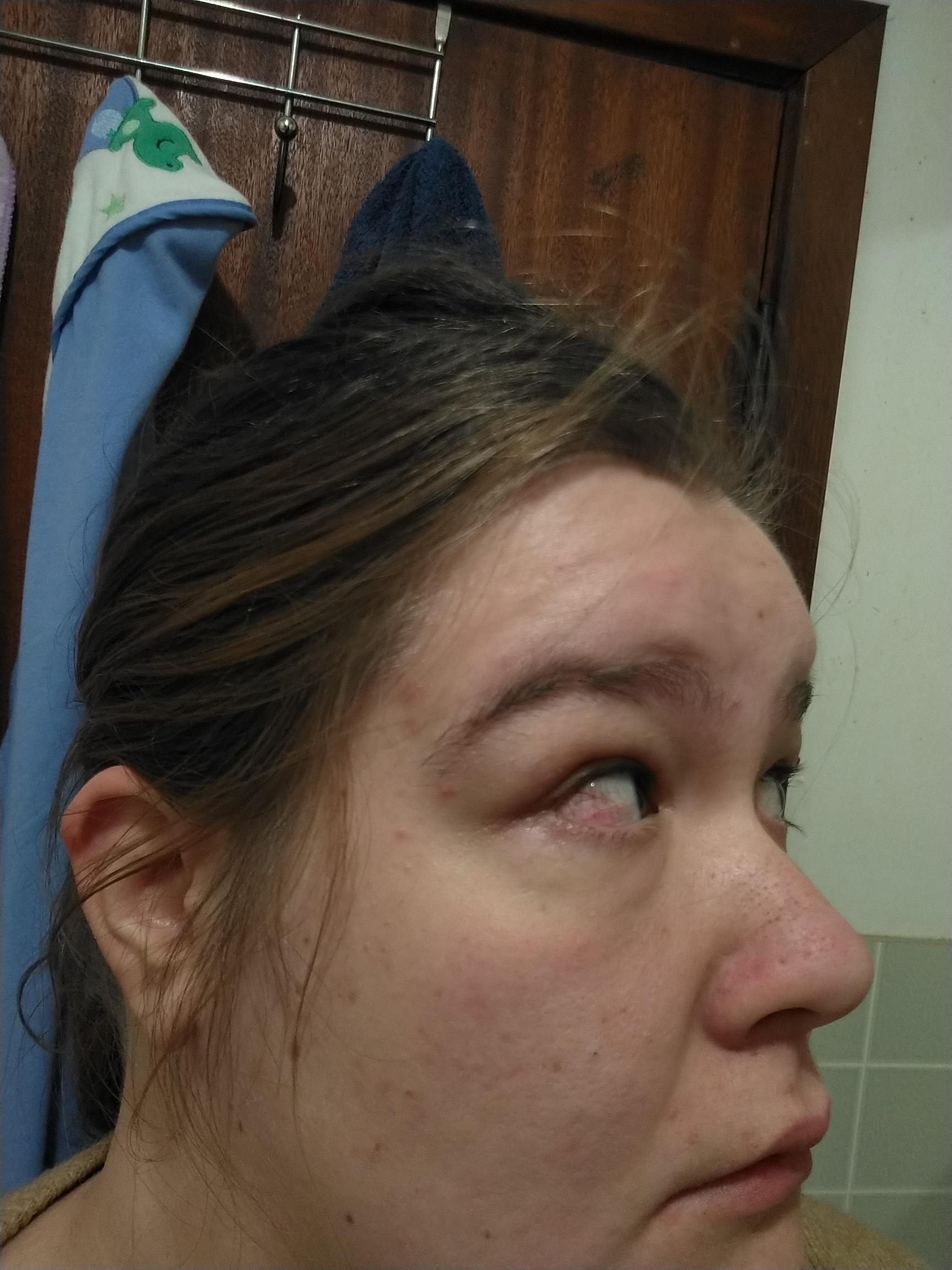
(Image/ Source: reddit.com)
Headaches are super common during menopause, as your estrogen levels will fluctuate. However, some women continue to suffer from them after menopause, and are more susceptible to them if they are stressed, tired or dehydrated. Seek advice from your doctor if you’re having these headaches on a regular basis.
22. You need to pee more often

(Image/ Source: reddit.com)
Decreased estrogen means that you can experience more frequent (and a lot more urgent) pees than you used to. It’s completely natural, but it can still be a big annoyance! A lot of women feel that their bladder feels full more often, which can result in endless trips to the bathroom.
23. Dry and itchy eyes
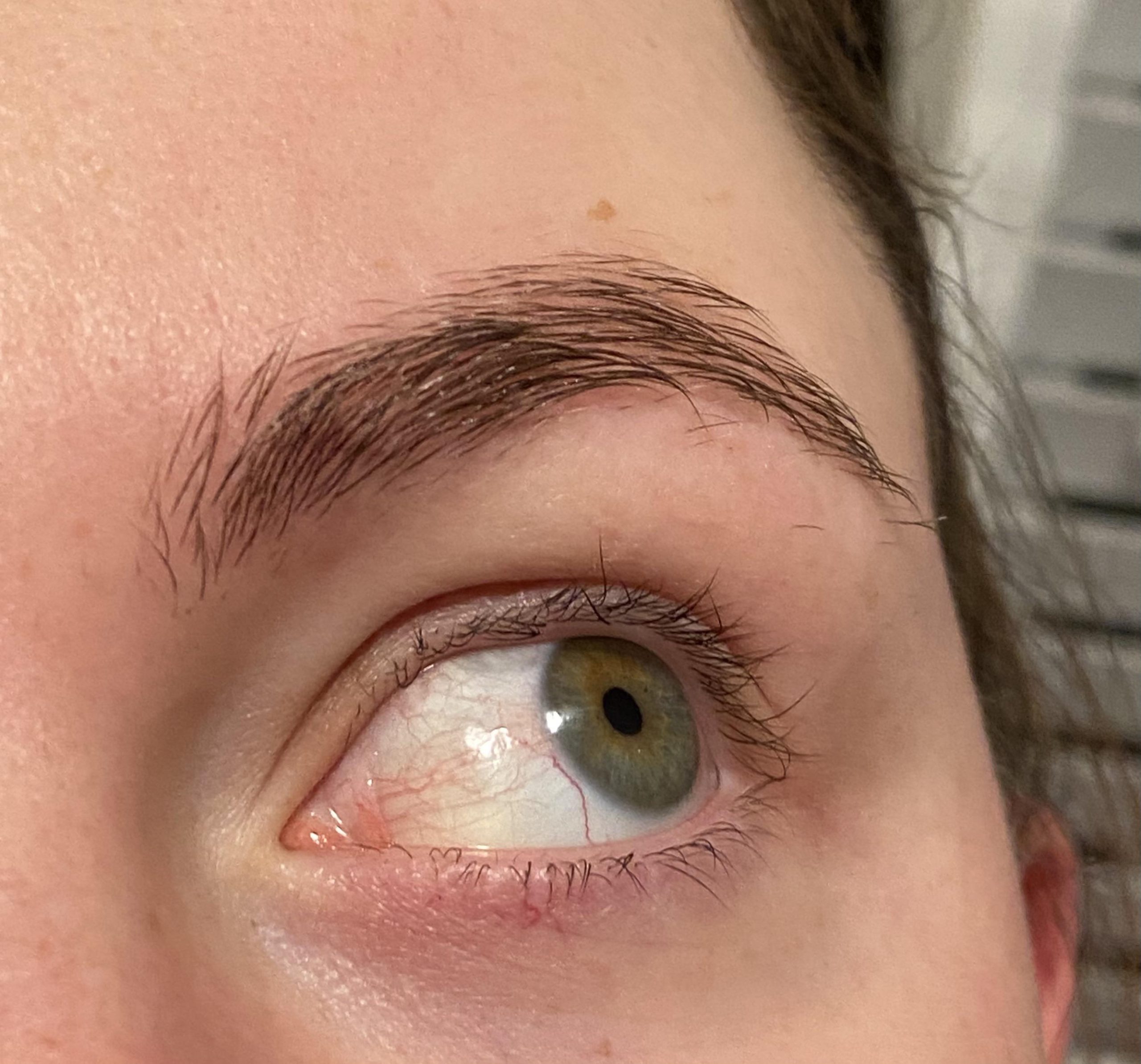
(Image/ Source: reddit.com)
While a lot of us can get dry and itchy eyes anyway these days thanks to our time on screens, postmenopausal women can really struggle with this. Why? Because sex hormones like androgens affect your tear production. Lifestyle and environmental factors can also make this condition worse.
24. Night sweats
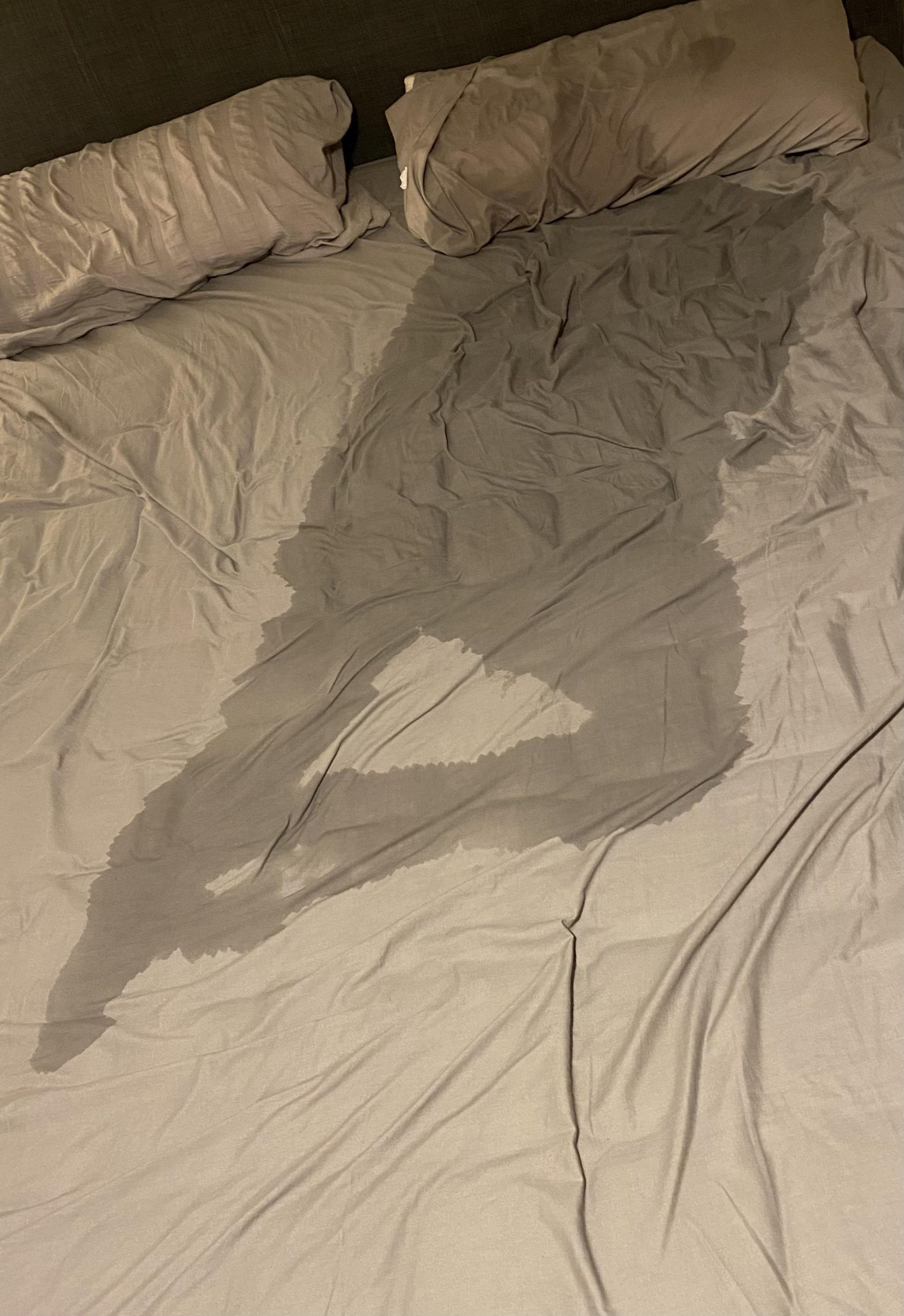
(Image/ Source: reddit.com)
Yes, your hot flashes might get milder, but some women really do struggle with the dreaded night sweats long after they’ve finished menopause. The good news is that they will become less severe over time, so hang on in there. You can also speak to your doctor if you need a bit of help managing things.
25. Aches and pains

(Image/ Source: reddit.com)
A lack of estrogen really can play havoc with your body. As levels decrease after menopause, your body can experience more aches, pains, and stiffness; this is because estrogen affects your joints and connective tissue. Women are therefore twice as likely to experience chronic pain diagnoses than men.
26. Tooth problems
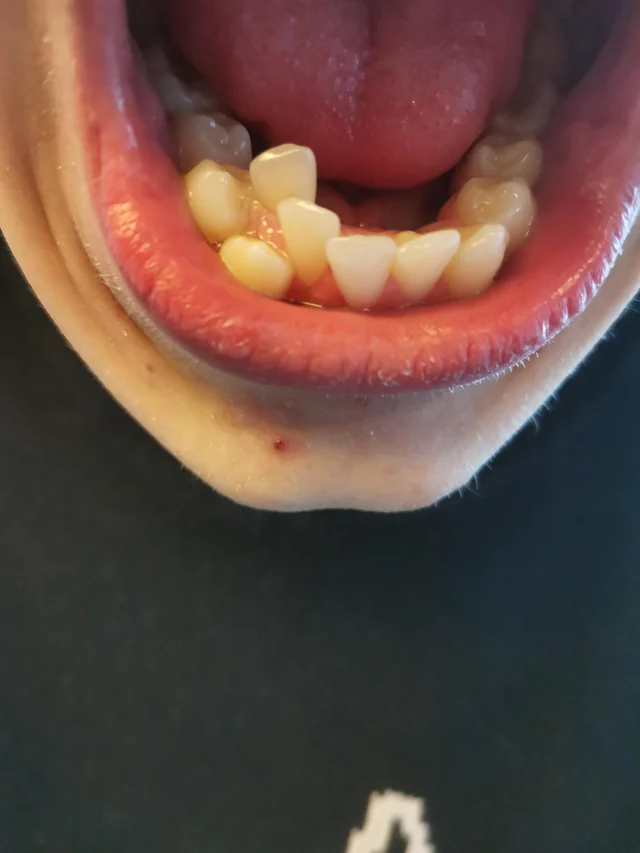
(Image/ Source: reddit.com)
Because of this lack of estrogen, your teeth can be affected just as much as your bones. Low levels of estrogen contribute to a loss of bone mass, which ultimately increases the risk of loose, easily broken teeth. Some women even end up losing their teeth altogether.
27. Aging skin
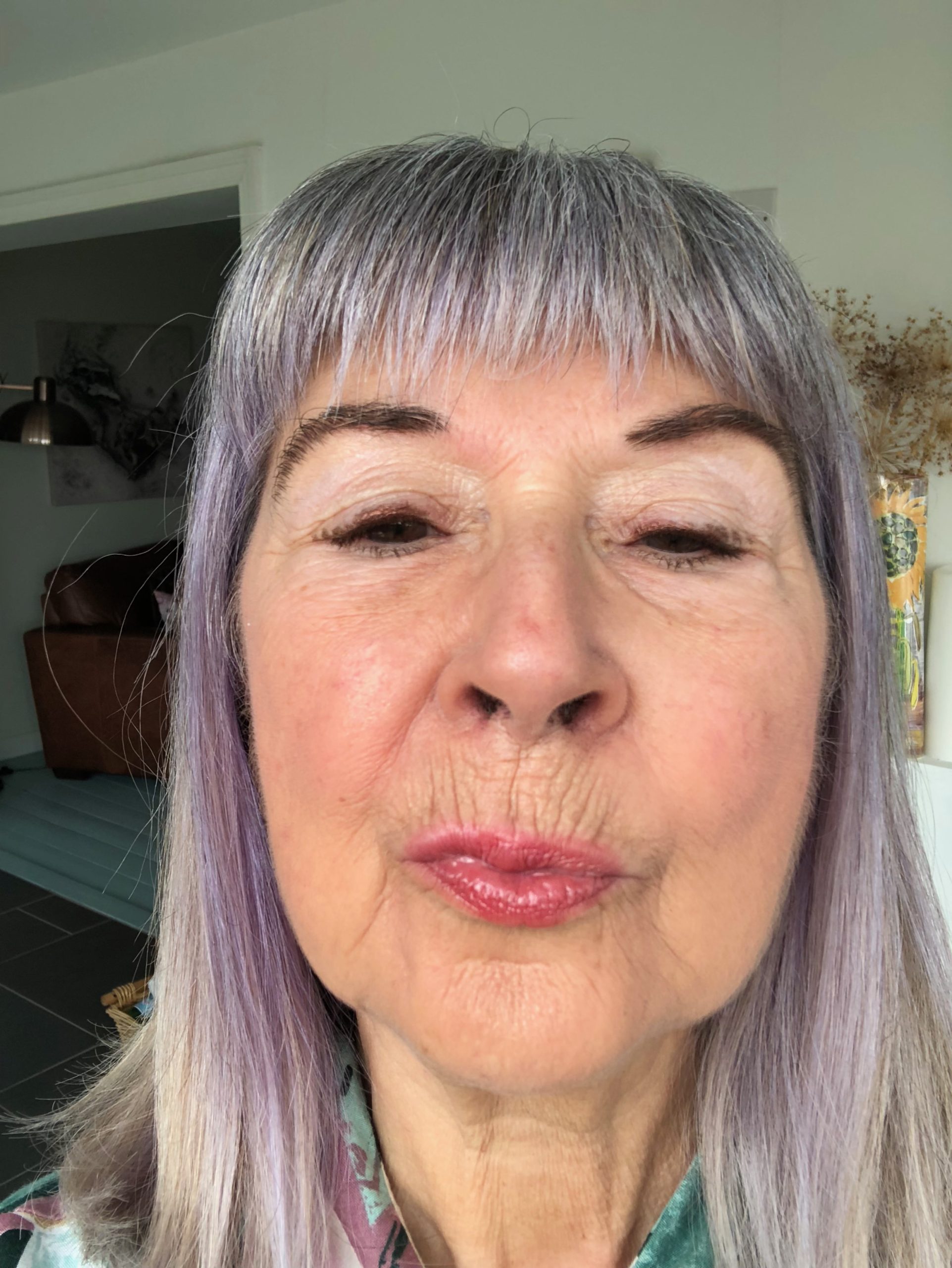
(Image/ Source: alternativeaging.net)
Okay, so we know that aging skin is all a part of the process. But those menopausal and postmenopausal years result in a huge loss of collagen in the skin, so you can end up aging faster than you ever have before. Try to invest in a good skin regime and some heavy-duty antiwrinkle cream.
28. Painful sex
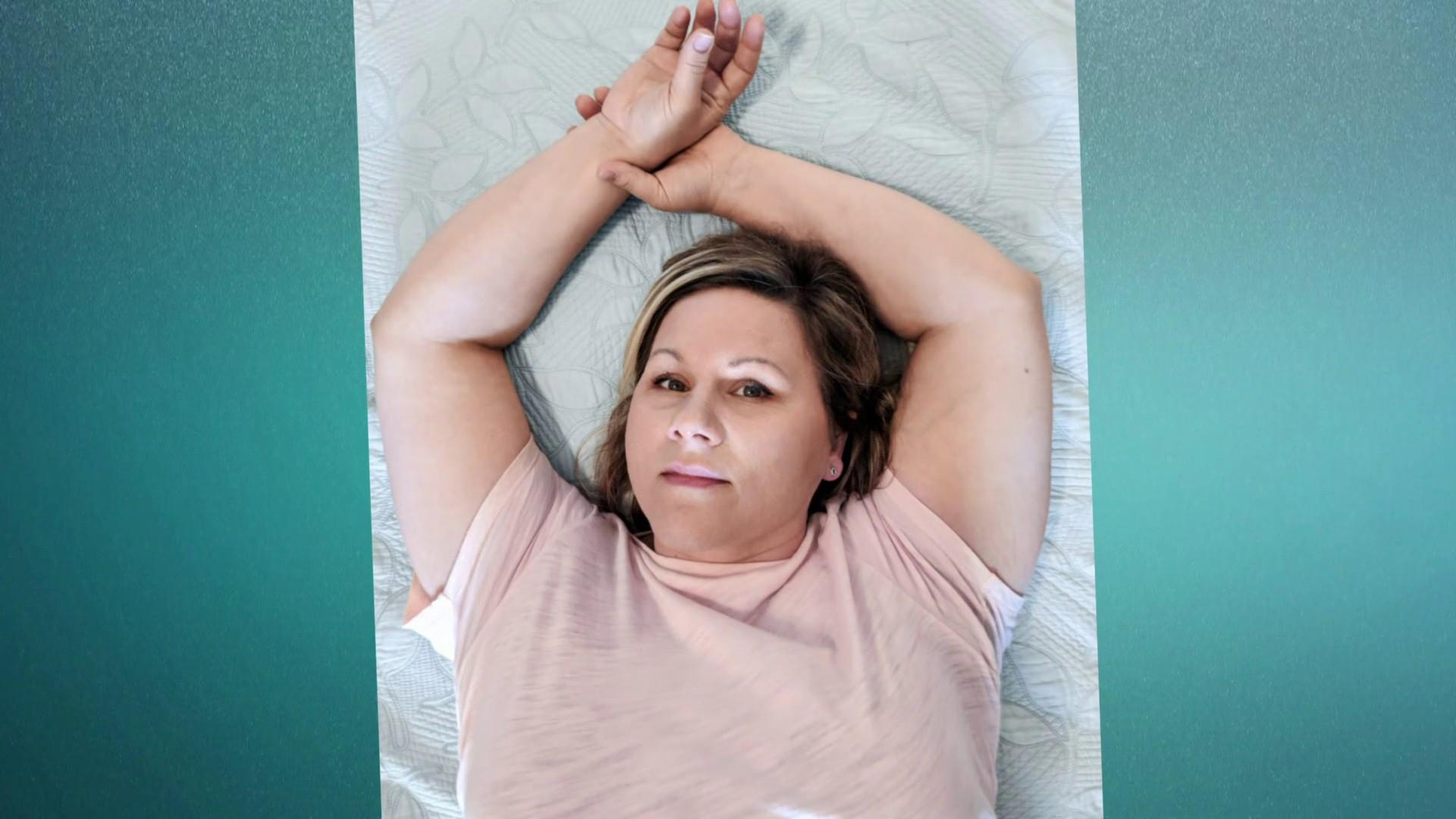
(Image/ Source: nbcnews.com)
As we’ve already covered, postmenopause can cause a lot of dryness and irritation for women, so it’s no great surprise that sex can be a lot more painful than it once was. The vaginal tissue naturally gets thinner, so it can be a good idea to use creams or lotions. Just check with your doctor first.
29. Lack of energy
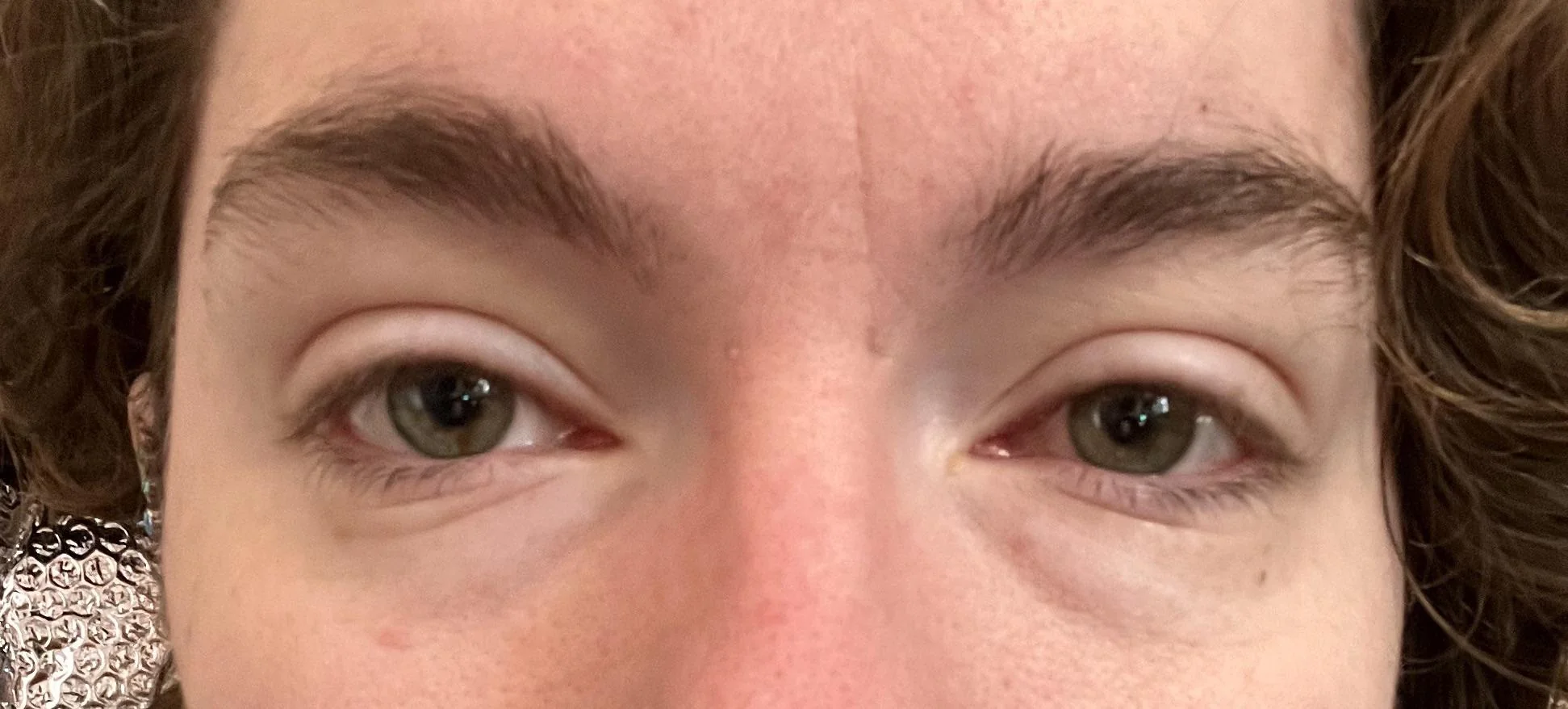
(Image/ Source: reddit.com)
Tiredness. Fatigue. Lack of energy. These are all super common symptoms of both menopause and postmenopause, so you’re definitely not suffering on your own. That being said, it can still be a good idea to consult a medical professional, as there might be certain lifestyle factors you need to change.
30. Gum problems
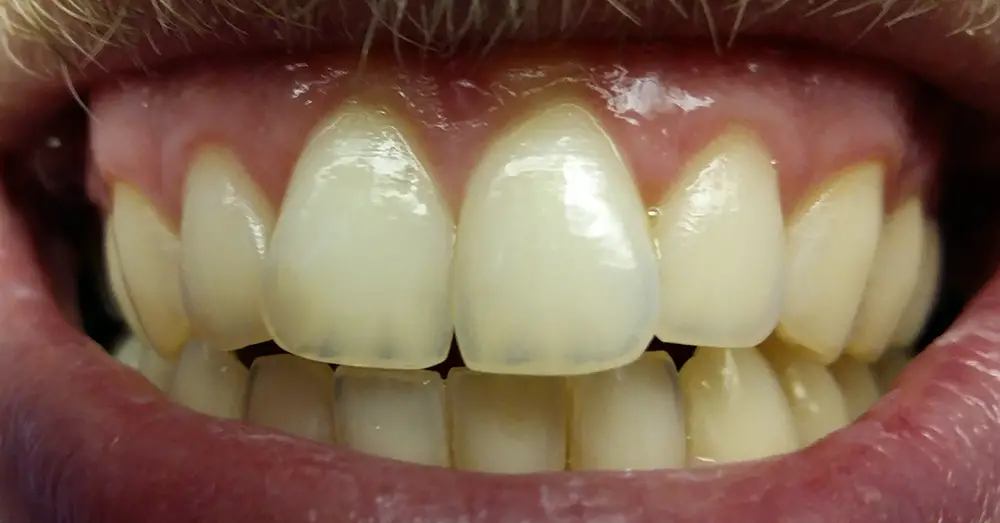
(Image/ Source: reddit.com)
It’s not just your teeth that can feel the effects of postmenopause – it’s your gums too! They too can deteriorate as your estrogen levels dip, which can often result in bleeding and inflammation. So if you’re not already getting regular dental checks, now is a good time to do so.





























